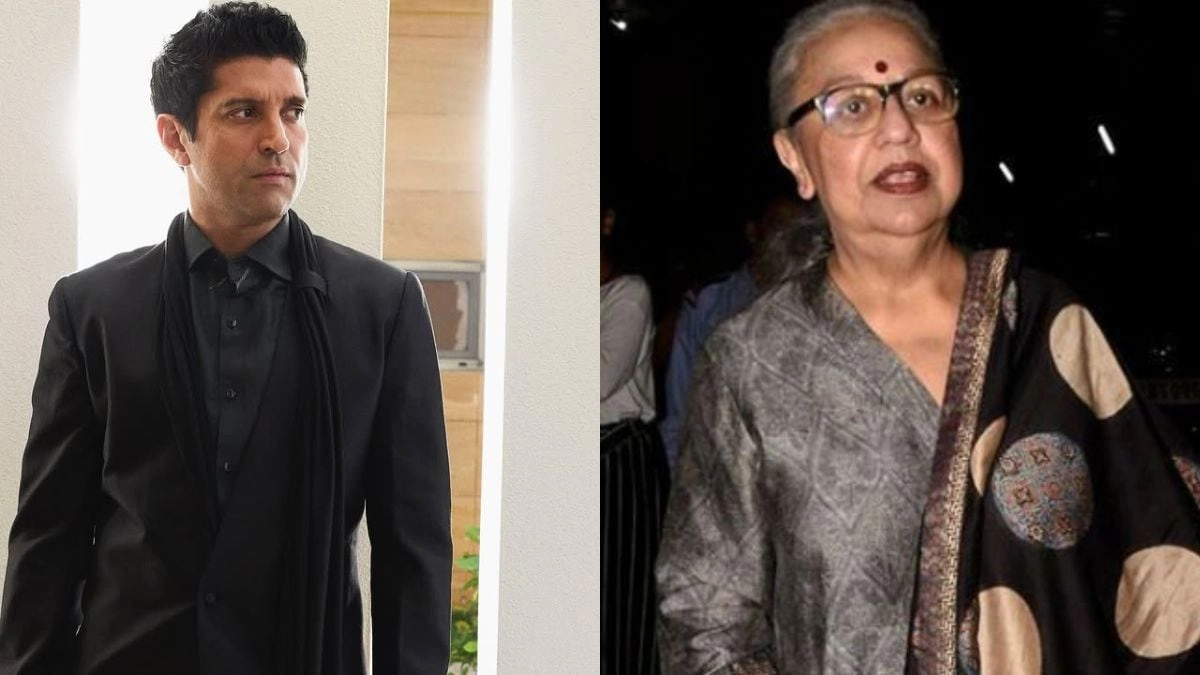Salim Khan, a prominent figure in the Indian film industry and a celebrated screenwriter, recently shed light on his family’s dietary choices, specifically their aversion to beef. In an interview, he shared that despite the common perception of beef being a staple for many Muslims due to its affordability, his family has made a conscious decision to refrain from consuming it. This declaration not only reflects the personal beliefs of the Khan family but also highlights a broader conversation around dietary practices within different cultural and religious communities.
Khan elaborated on the reasons behind his family’s choices, indicating that their decision is rooted in a combination of personal preferences and traditional values. While beef may be considered economical and widely consumed in various communities, Khan’s family opts for other forms of meat, which they believe align better with their ethical and cultural beliefs. This stance invites a discussion about the diversity of dietary habits among Muslims, illustrating that there is no singular way to approach food within the community.
Moreover, Salim Khan’s comments underscore the importance of understanding cultural nuances when discussing dietary practices. Many people may not be aware that within the Muslim community, there exists a range of beliefs and practices regarding food consumption. By sharing his family’s perspective, Khan encourages a deeper appreciation for the variations in how individuals and families navigate their dietary choices, which can often be influenced by a blend of religious teachings, personal ethics, and cultural traditions.
In a world where dietary preferences can sometimes lead to misconceptions or stereotypes, Khan’s insights serve as a reminder that food is not merely about sustenance but also about identity and values. His family’s decision to avoid beef prompts a reflection on how cultural and ethical considerations shape our eating habits, urging others to look beyond generalizations and recognize the rich tapestry of practices within any community. Ultimately, Salim Khan’s revelations encourage dialogue and understanding, fostering a more inclusive perspective on dietary choices across different cultures.




